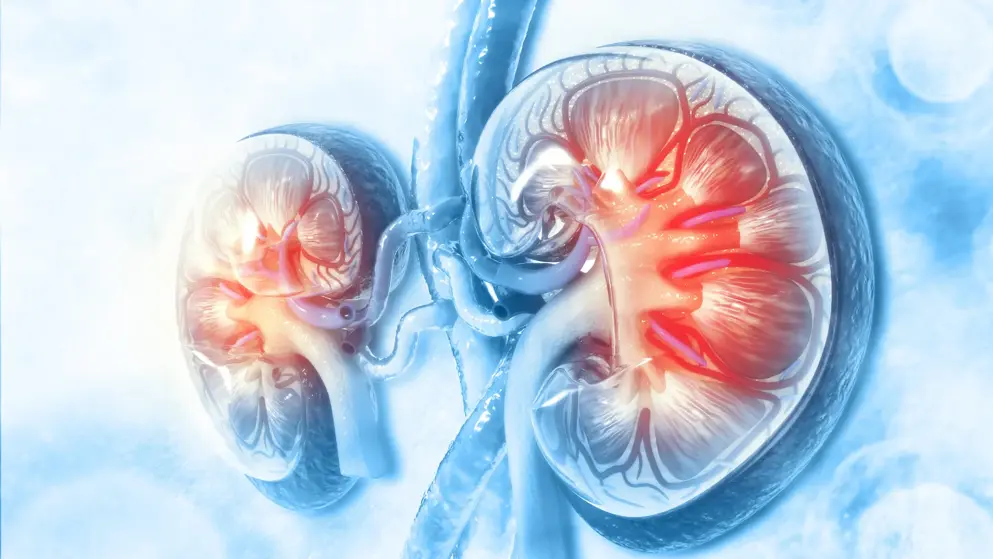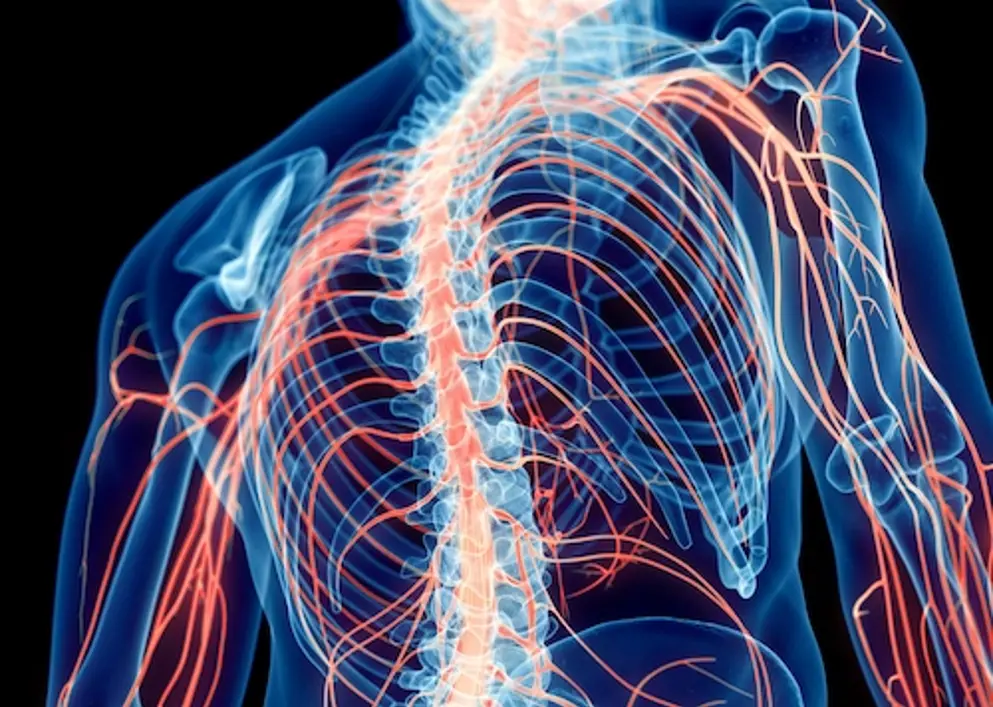Acute hyperkalemia in the emergency department: a summary from a Kidney Disease: Improving Global Outcomes conference
Acute hyperkalemia in the emergency department: a summary from a Kidney Disease: Improving Global Outcomes conference
Hyperkalemia is a common electrolyte disorder observed in the emergency department. It is often associated with underlying predisposing conditions, such as moderate or severe kidney disease, heart failure, diabetes mellitus, or significant tissue trauma. Additionally, medications, such as inhibitors of the renin-angiotensin-aldosterone system, potassium-sparing diuretics, nonsteroidal anti-inflammatory drugs, succinylcholine, and digitalis, are associated with hyperkalemia. To this end, Kidney Disease: Improving Global Outcomes (KDIGO) convened a conference in 2018 to identify evidence and address controversies on potassium management in kidney disease. This review summarizes the deliberations and clinical guidance for the evaluation and management of acute hyperkalemia in this setting. The toxic effects of hyperkalemia on the cardiac conduction system are potentially lethal. The ECG is a mainstay in managing hyperkalemia. Membrane stabilization by calcium salts and potassium-shifting agents, such as insulin and salbutamol, is the cornerstone in the acute management of hyperkalemia. However, only dialysis, potassium-binding agents, and loop diuretics remove potassium from the body. Frequent reevaluation of potassium concentrations is recommended to assess treatment success and to monitor for recurrence of hyperkalemia.
Read abstract on library site Access full article





